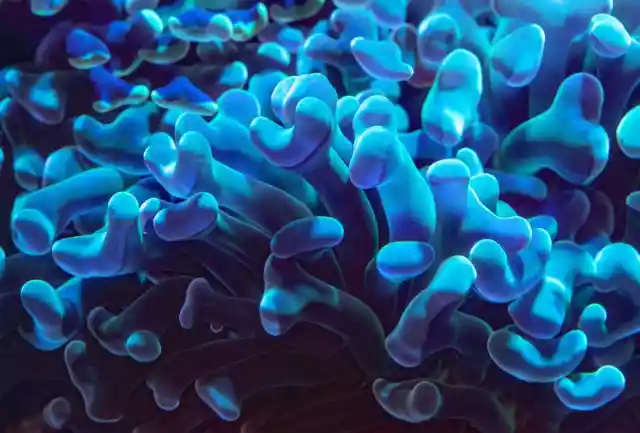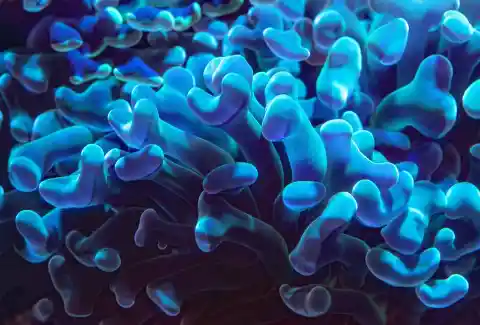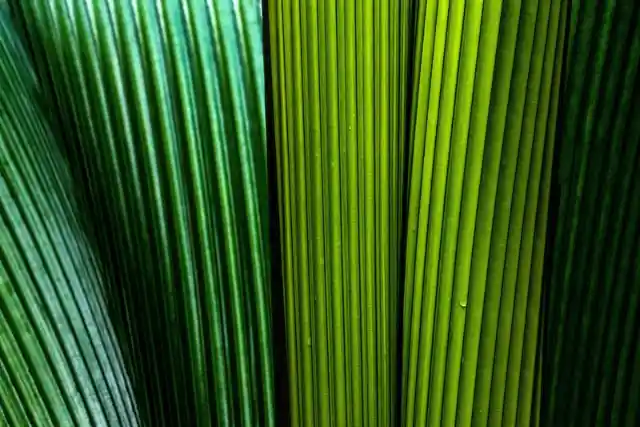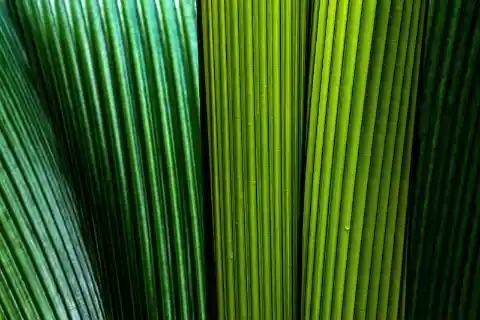The world that we are lucky enough to live in really is a special place. All around us, unique and exciting things take place. When you see it all unfolding around you, it really can be hard to take in. One such aspect is the unicity of nature. We see things all the time in the natural world that we would never have thought to create. Other times, nature inspires our creations to a significant degree. For example, have you ever seen glow-in-the-dark plants?


These are surprisingly common and are regularly found in forests and even underwater. They emit a natural glow in the dark and can be what would amount to a natural torch. Some hope that in the future we can learn to use glow-in-the-dark plants as a natural way to light up the world. Not only would this be a way to help nature, but it would be a way to help reduce artificial light pollution.
For many, the skyline of a city is ruined due to the hazy pollution of lighting. With natural light sources, though, we could remove that damaging aesthetic look forever. By using glow-in-the-dark plants, we could help to reduce energy consumption, stop harming the environment to the same degree, and lower our carbon footprint in one fell swoop.
So, why aren’t we doing this already?
Good question, and sadly one that has no valid answer. Natural light existed long before we started to create lamps and torches; these glow-in-the-dark fungi and plants have long outlived typical halogen lighting. With that in mind, why did we not make use of glow-in-the-dark lighting before we even invented the concept of lighting?


Who knows, what we do know is that people are actively trying to change the record now. Some will argue that it is too little too late, but at least something is being done. As more and more of us recognize the importance of natural lighting, this could be essential to change the entire future of the lighting industry.
In time, we could go back to using nature to the benefit of both ourselves and the wider planet. Lighting is just a part of this, but it is a significant part indeed.